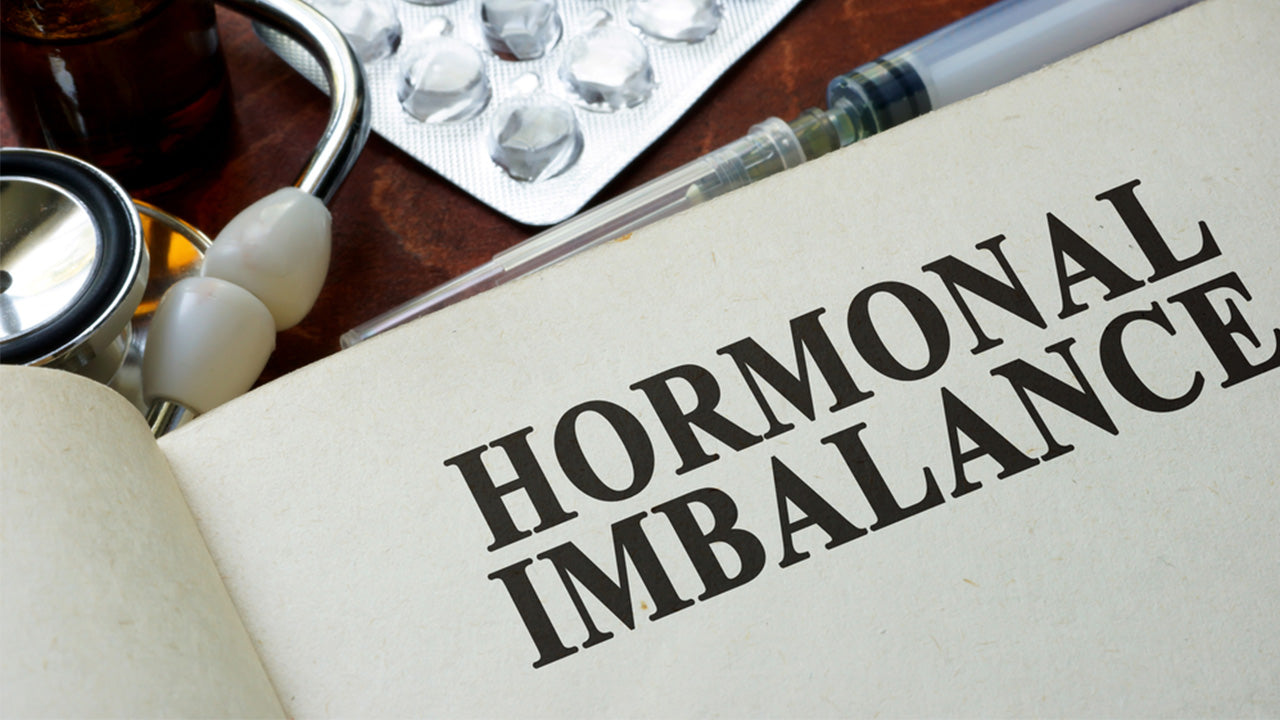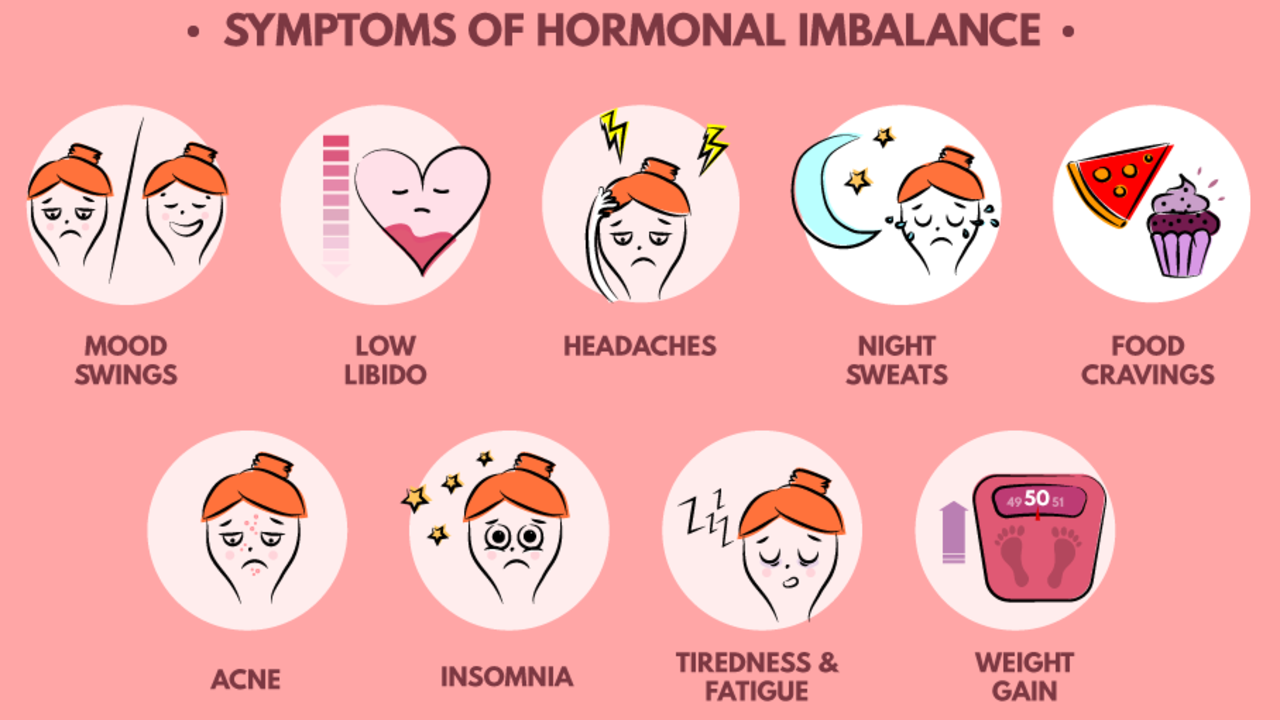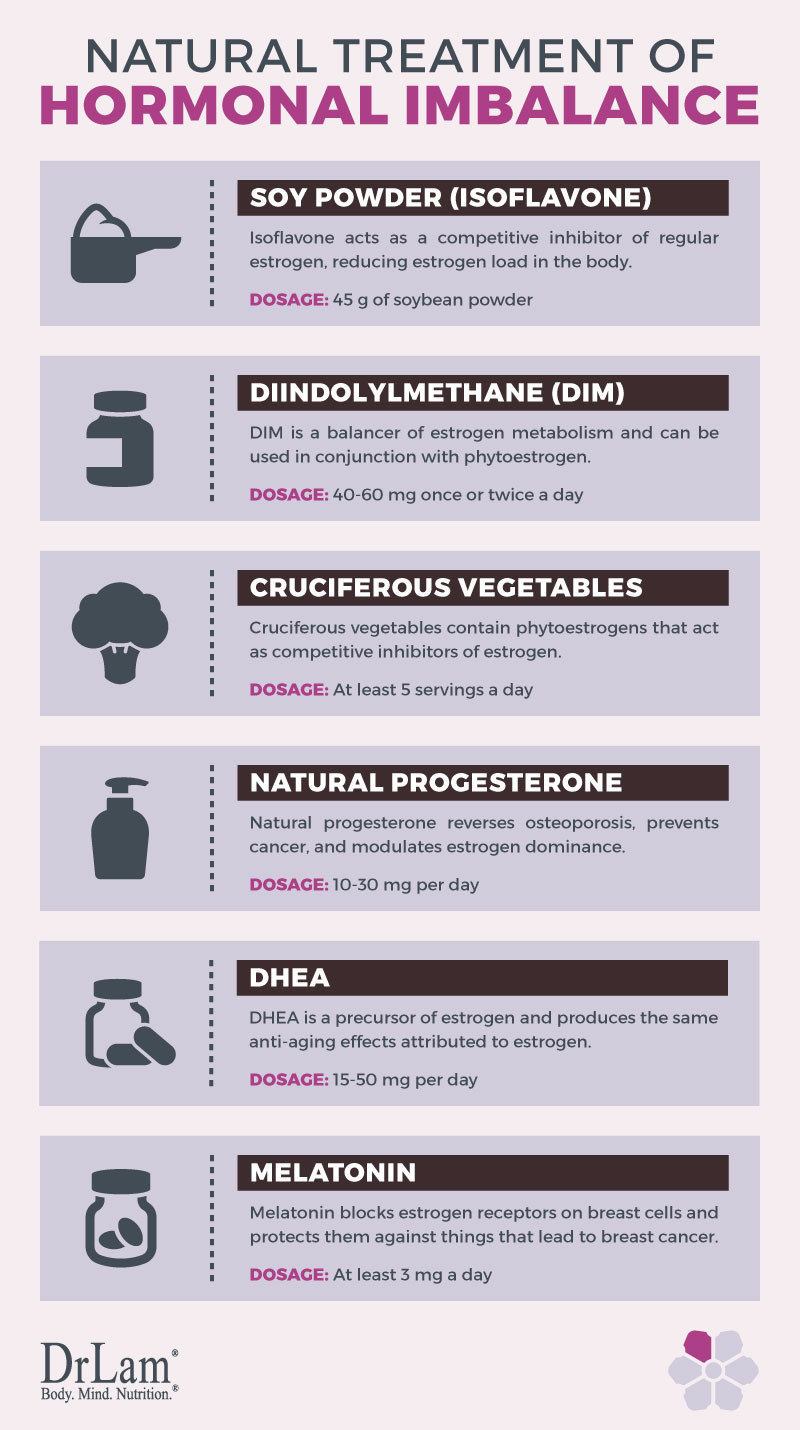How to Maintain Hormonal Balance Naturally - by Dr Markandaiya Acharya
In today's fast-paced world, maintaining hormonal balance is crucial for overall well-being. Hormones play a significant role in regulating various bodily functions, and any imbalance can lead to a range of health issues. In this comprehensive guide, we will explore the essential strategies to naturally maintain hormonal balance and improve your overall quality of life.
Understanding Hormonal Imbalance
Hormones are chemical messengers that control numerous physiological processes, such as metabolism, mood, and reproductive functions. When these hormones are not in harmony, it can result in hormonal imbalances, leading to various health problems. Common symptoms of hormonal imbalance include:
Irregular Menstrual Cycles:
Hormonal fluctuations in women can lead to irregular periods, heavy bleeding, or missed cycles.
Weight Gain:
Hormonal imbalances can contribute to unexplained weight gain, especially around the abdomen.
Mood Swings:
Fluctuations in hormone levels can lead to mood swings, irritability, and anxiety.
Fatigue:
An imbalance in hormones can cause chronic fatigue and low energy levels.
Skin Issues:
Hormonal changes can lead to acne breakouts, oily skin, or dryness.
Lifestyle Changes for Hormonal Balance
Maintaining hormonal balance naturally involves making specific lifestyle changes. Here are some actionable steps to help you achieve that balance:
1. Prioritize a Balanced Diet
A well-balanced diet is crucial for hormone regulation. Incorporate the following into your daily meals:
- Fiber-Rich Foods: Foods high in fiber, such as fruits, vegetables, and whole grains, help stabilize blood sugar levels and regulate insulin, a key hormone.
- Healthy Fats: Include sources of healthy fats like avocados, nuts, and olive oil to support hormone production.
- Lean Proteins: Opt for lean protein sources like poultry, fish, and tofu to support muscle growth and hormone synthesis.
2. Manage Stress
Chronic stress can disrupt hormone balance. Implement stress management techniques such as:
- Meditation and Yoga: These practices can reduce stress hormones like cortisol and promote relaxation.
- Adequate Sleep: Ensure you get 7-9 hours of quality sleep per night to allow your body to repair and rebalance hormones.
- Breathing Exercises: Deep breathing exercises can help calm your nervous system and reduce stress.
3. Stay Active
Regular physical activity is essential for hormonal balance. Engage in:
- Cardiovascular Exercise: Activities like jogging, swimming, or cycling can improve insulin sensitivity and hormone regulation.
- Strength Training: Building muscle through weightlifting can help boost metabolism and balance hormones.
- Yoga and Pilates: These exercises can enhance flexibility and reduce stress.
4. Avoid Toxins
Environmental toxins can disrupt hormonal function. Take steps to minimize exposure:
- Choose Organic: Opt for organic produce to reduce pesticide exposure.
- Limit Plastics: Avoid using plastic containers for food storage, as some plastics can contain hormone-disrupting chemicals.
- Filter Water: Invest in a quality water filter to remove contaminants.
- Hormone-Supporting Supplement
- Vitamin D: Adequate vitamin D levels are crucial for hormonal health.
- Omega-3 Fatty Acids: These can help reduce inflammation and support hormone production.
- Herbal Supplements: Herbs like ashwagandha and maca may help balance hormones naturally.
Conclusion
Achieving and maintaining hormonal balance is essential for overall health and well-being. By implementing a balanced diet, managing stress, staying active, and avoiding toxins, you can take significant steps toward achieving optimal hormonal health. Remember that consistency and patience are key as your body adapts to these changes. Take control of your hormonal balance today for a healthier, happier life.




Comments
Post a Comment